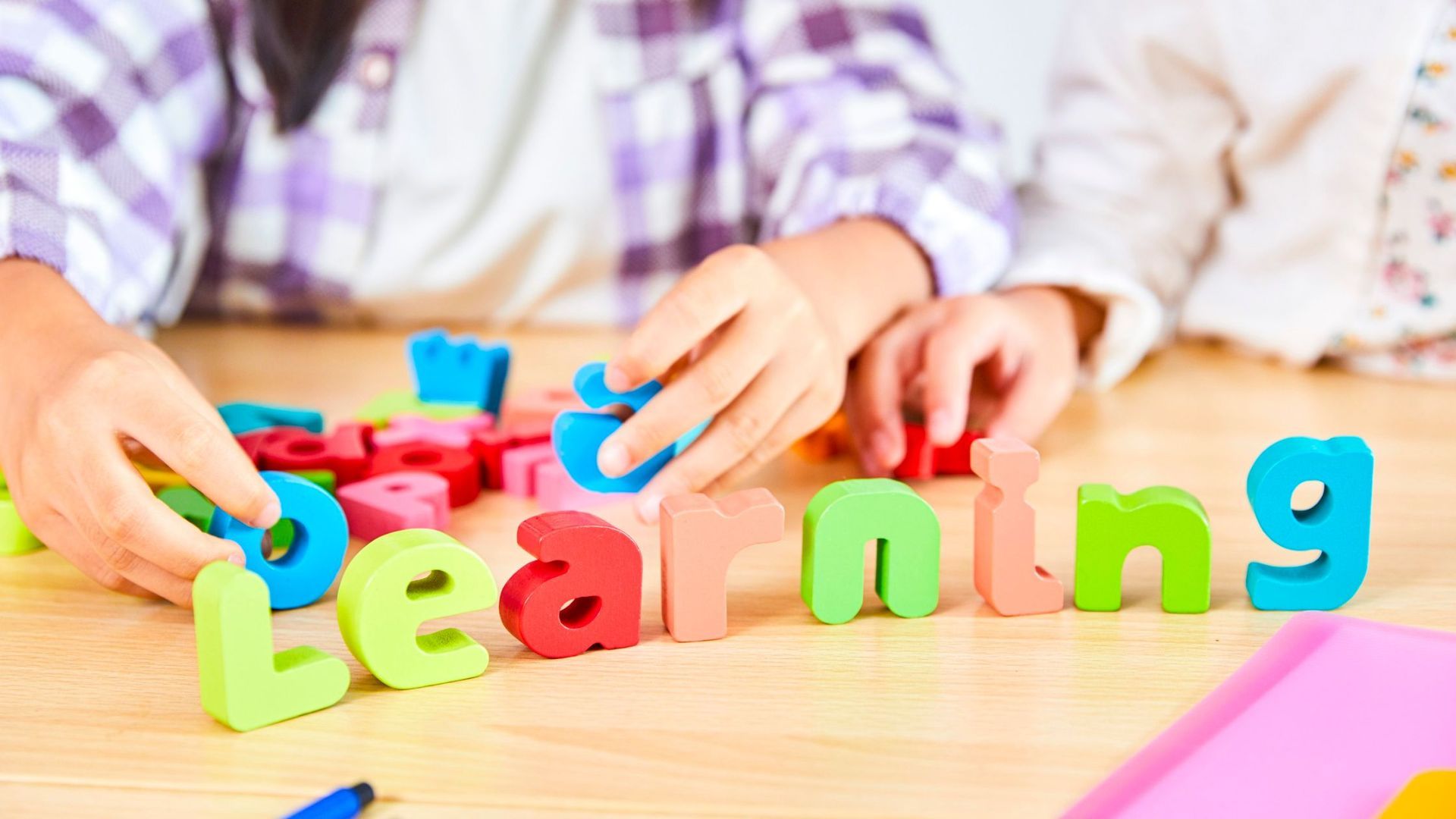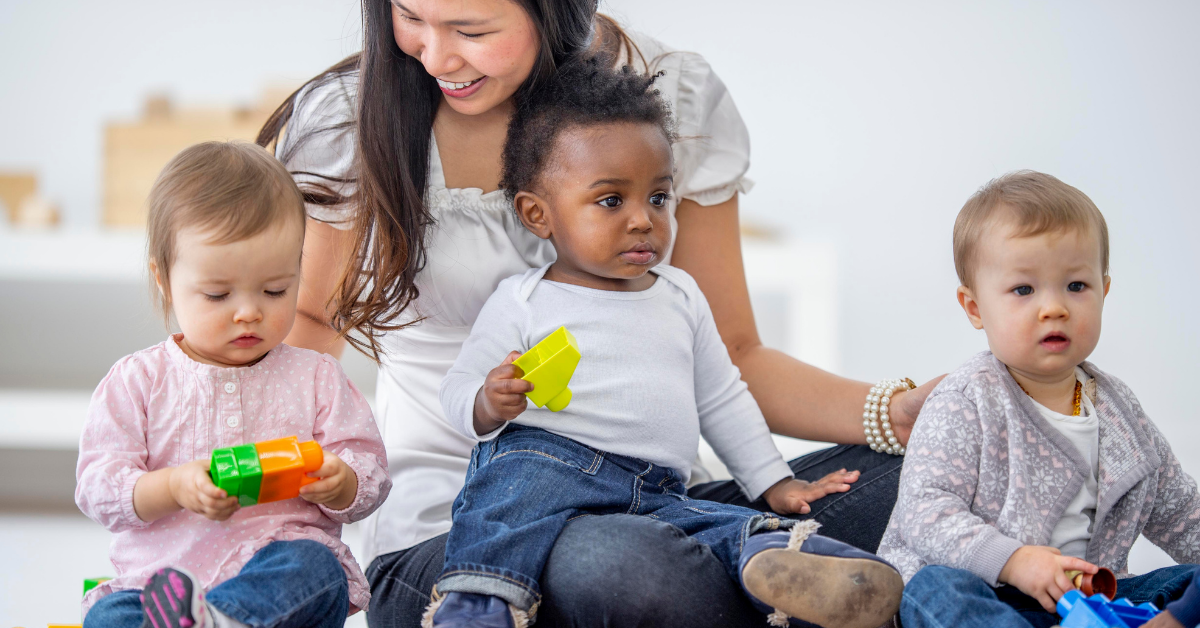The Role of Outdoor Play in Child Development

Outdoor play is a fundamental part of childhood that fosters physical, emotional, social, and cognitive growth. In an era where screen time often replaces outdoor activities, it is crucial to recognize the immense benefits of outdoor play in child development. From improved physical health to enhanced creativity, outdoor play supports holistic growth in ways that structured indoor activities cannot always replicate.
Physical Benefits of Outdoor Play
One of the most obvious advantages of outdoor play is its impact on physical development. Running, jumping, climbing, and playing sports help strengthen muscles, improve coordination, and build endurance. Activities like swinging or riding a bike develop fine and gross motor skills, which are essential for overall physical health.
Spending time outdoors also promotes a healthy lifestyle by encouraging children to be active. Exposure to sunlight helps in the natural production of Vitamin D, which strengthens bones and boosts the immune system. Additionally, children who engage in outdoor play are less likely to develop obesity-related issues, as they burn more energy through active play.
Cognitive Growth and Learning Through Play
Outdoor play enhances cognitive development by providing children with opportunities to explore, experiment, and problem-solve. Nature-based play environments stimulate curiosity and encourage hands-on learning. Whether counting rocks, observing insects, or navigating playground structures, children develop critical thinking skills through real-world experiences.
Unstructured outdoor play also nurtures creativity. Unlike structured indoor activities, outdoor environments allow children to invent games, use natural objects as toys, and create imaginary worlds. This type of play strengthens brain function and enhances problem-solving abilities.
Social Skills and Emotional Well-being
Outdoor play fosters social interactions and teamwork. Group games, cooperative activities, and unstructured playtime encourage children to communicate, negotiate, and collaborate with peers. These interactions develop essential social skills such as empathy, patience, and conflict resolution.
Emotionally, outdoor play provides a healthy outlet for stress relief. The open space and fresh air create a calming effect, reducing anxiety and improving overall mood. Children who spend time outside tend to exhibit higher levels of happiness and resilience, as nature has been linked to reduced stress and increased mental well-being.
The Role of Risk-Taking and Independence
Outdoor play allows children to take age-appropriate risks, which is essential for building confidence and independence. Climbing trees, balancing on logs, or exploring new trails teaches children to assess risks and make decisions. These experiences help develop resilience and self-reliance, qualities that contribute to success later in life.
By overcoming small challenges, children build a sense of accomplishment. This boosts self-esteem and encourages them to take on more complex tasks, both in play and in everyday life.
Encouraging a Connection with Nature
Spending time outdoors nurtures a love and appreciation for the natural world. Children who regularly engage in outdoor play develop environmental awareness and a sense of responsibility toward nature. Activities like gardening, observing wildlife, or simply playing in the park create lifelong connections to the environment.
Encouraging outdoor exploration also reduces reliance on digital devices. Instead of passive screen time, children engage in active, hands-on experiences that enhance their sensory and observational skills.
Ways to Incorporate More Outdoor Play
- Visit local parks and playgrounds – Encourage children to explore different outdoor spaces.
- Engage in family outdoor activities – Hiking, biking, and picnics provide opportunities for bonding and physical activity.
- Create an outdoor play space at home – A backyard with simple play structures, a sandbox, or a garden can encourage daily outdoor play.
- Encourage unstructured play – Allow children to use their imagination rather than relying solely on structured sports or activities.
- Limit screen time – Setting screen-time boundaries can encourage children to choose outdoor activities instead.
Outdoor play not only strengthens a child's physical health but also enhances their social interactions, helping them develop crucial communication and teamwork skills. Learn more about fostering social skills in young children.
Just like outdoor exploration, reading introduces children to new ideas and sparks their imagination, fostering curiosity and a love for learning. Discover how to inspire a love of reading in young children.
Conclusion
Outdoor play is not just a recreational activity—it is a vital component of child development. It promotes physical health, cognitive skills, emotional resilience, and social growth. Encouraging children to play outside regularly helps them develop essential life skills while fostering a connection with nature. Parents and educators play a crucial role in ensuring that outdoor play remains an integral part of childhood, setting the foundation for a healthier and happier future.










